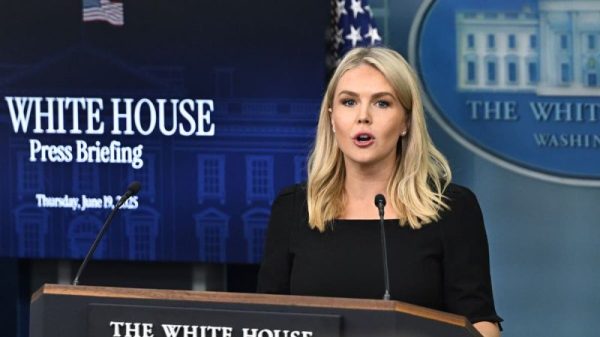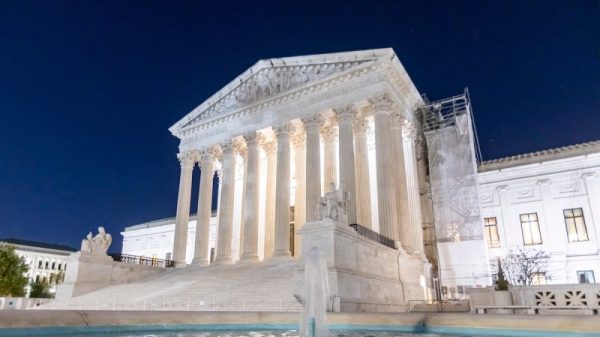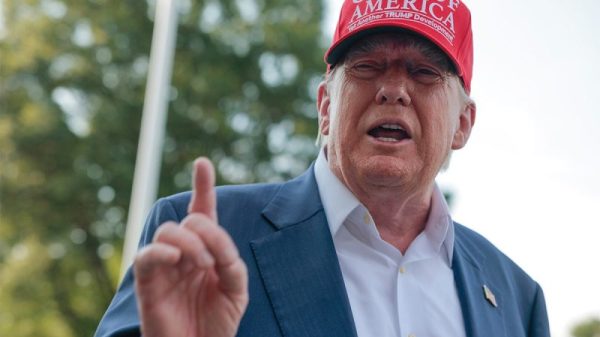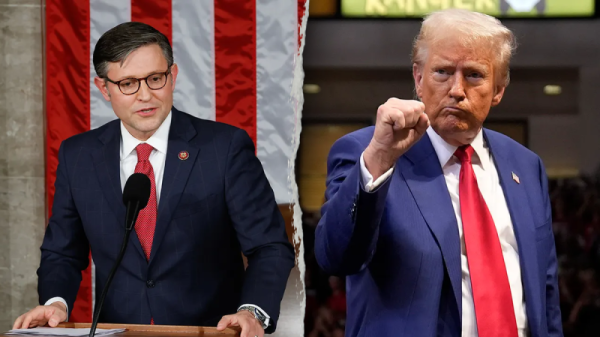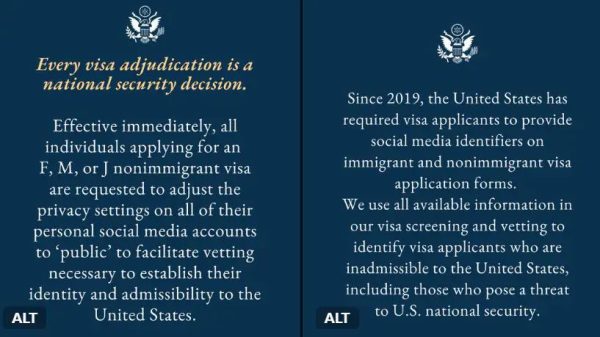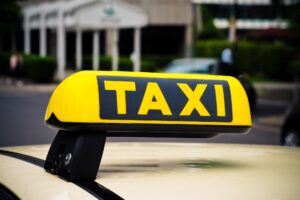
Transport for London (TfL) is facing legal action from the Independent Workers’ Union of Great Britain (IWGB), which represents thousands of private hire drivers including those working for Uber, over what it claims are systemic failures in the licence renewal process that have left drivers unable to work for months.
The union has accused TfL of damaging the livelihoods of private hire drivers by failing to issue or renew licences in a timely manner, in breach of its legal obligations. The IWGB has issued a pre-action legal letter and is pursuing litigation in response to what it calls an “unprecedented crisis” facing the capital’s minicab workforce.
There are more than 108,000 private hire drivers licensed by TfL, with many reliant on continuous licensing to legally operate in the city. While TfL has apologised for the delays and introduced short-term fixes such as temporary licences and additional staffing, the IWGB says these measures fall short.
According to the union, drivers are reporting wait times of several months, even when applications were submitted well ahead of expiry dates. One driver, Raifu Akanmu, applied for a licence renewal in January but is still unable to work after his licence expired at the end of May. “I’ve run out of money to pay my bills,” he said. “All we want to do is work.”
Some drivers say the delays have pushed them into severe financial distress, with instances of repossessed vehicles and even homelessness. In a tragic case, Robert Dale, a 65-year-old driver, died of a heart attack while waiting for his licence renewal last November. His family believes the stress of being unable to work contributed to his death.
Alex Marshall, president of the IWGB, said: “Drivers, many of whom work for Uber, have had their lives decimated. We’re launching this legal challenge because we need systemic change to prevent further harm.”
The union argues that TfL has a duty to ensure continuity of licensing and that the current backlog amounts to an unlawful failure of that duty. The legal case is being brought by human rights law firm Deighton Pierce Glynn. Solicitor Ahmed Aydeed said: “TfL is operating an unlawful system by failing to ensure continuity of licensing. Any authority that strips people of their livelihoods is not fit for purpose.”
TfL said it recognises the difficulties drivers have faced and is taking steps to address the backlog. A spokesperson said: “We are very sorry to drivers who have experienced issues with our processing times. We’ve taken urgent steps to mitigate the impact, including recruiting and training more staff and issuing temporary licences where appropriate.”
Despite these efforts, the IWGB says thousands remain unable to earn a living, and that accountability is long overdue. The legal challenge aims to secure structural reforms to prevent future delays and to ensure drivers’ ability to work is protected.
The case marks a critical moment for London’s private hire industry and could set a precedent for how licensing authorities support gig economy workers under pressure.
Read more:
TfL hit with legal action over licence delays impacting Uber and minicab drivers

